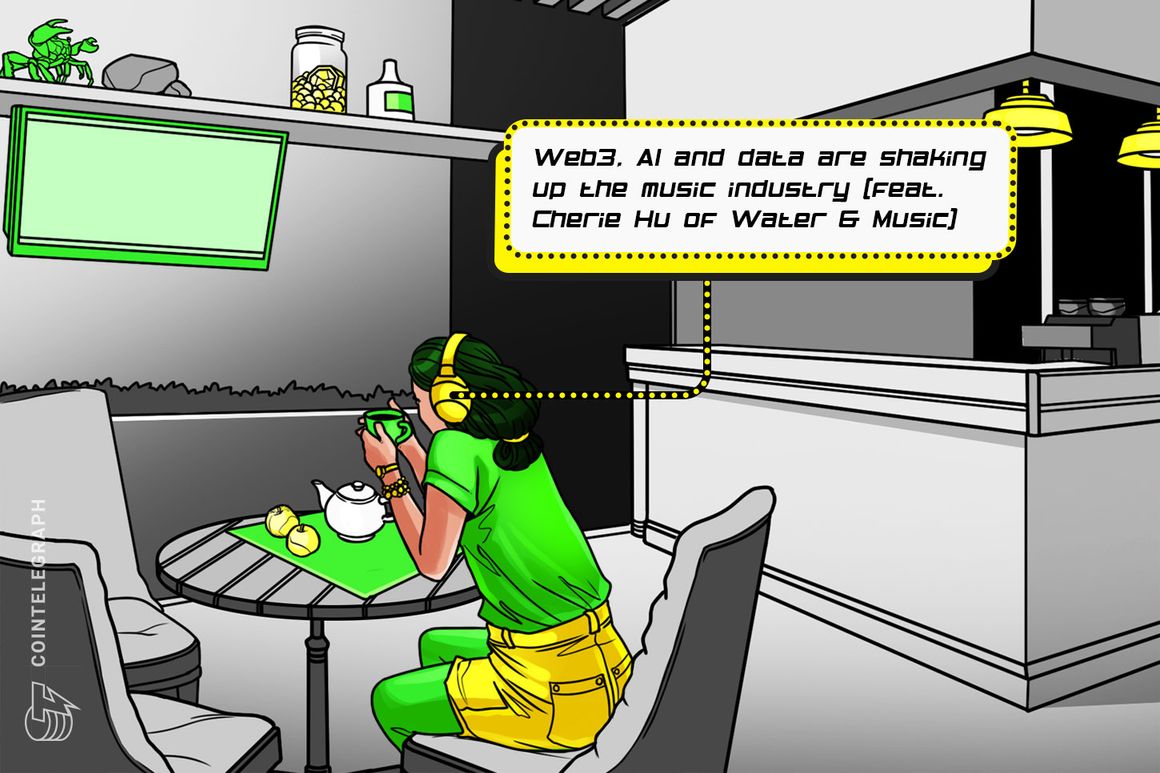
Embracing Change in the Music Industry
Curiosity might have killed the cat, but for musicians, it’s often the launchpad of creativity and innovation. The music industry has witnessed tremendous change in recent years, largely driven by advancements in technology. In a recent podcast episode of The Agenda, hosted by Ray Salmond and Jonathan DeYoung, Cherie Hu, the founder of Water & Music, discussed the impact of new technologies and the pandemic on the music industry, and how these changes have paved the way for a more innovative future.
Rethinking the Old Music Business
In the past, the music industry was largely controlled by a small group of gatekeepers. However, Hu believes that the pandemic, along with new technologies and the Web3 movement, is challenging this status quo. Artists, forced to rely on digital income due to the inability to tour, have become more vocal about the need for change. Streaming, in particular, has come under scrutiny, with artists realizing that their earnings are insufficient to sustain themselves. The result is a growing interest in alternative models for monetizing music in a digital context, with Web3 playing a significant role.
The Changing Landscape of the Music Industry
Hu acknowledges that the traditional path to success in the music industry has remained largely unchanged for decades. However, she points out that new technologies, such as apps like TikTok, have sparked a cultural shift where trends and hits can emerge and fade rapidly. Unfortunately, the financing aspect of the music industry has not kept up with this fast-paced evolution. Water & Music aims to provide a research-backed approach to understanding and experimenting with new technologies that enable greater participation in the music industry, from music creation to marketing and monetization.
Exploring Web3 in the Music Industry
The rise of Web3 technologies, such as blockchain-based gaming and nonfungible tokens (NFTs), created a buzz in the crypto space. But are these tactics still relevant in the music industry? According to Hu, while opportunities for building experiences exist, monetizing them can be challenging for independent artists. Instead, she suggests exploring sync licensing as a pragmatic opportunity. Sync licensing refers to licensing music for audio-visual multimedia experiences like films, podcasts, and games. Hu highlights the potential for partnerships between the music industry and emerging mobile games centered around music.
To dive deeper into Hu's insights and learn more about how Water & Music is shaping the future of the music industry, listen to the full podcast episode on Cointelegraph’s Podcasts page, Apple Podcasts, or Spotify.
Did you miss our previous article...
https://trendinginthenews.com/crypto-currency/grayscale-drops-postmerge-pow-ethereum-tokens






